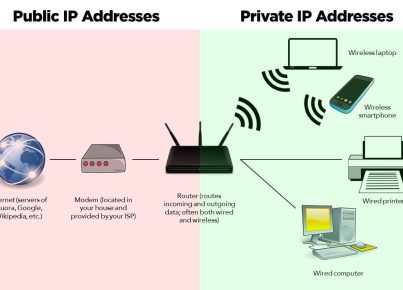Introduction
Effective written feedback is fundamental to the development and growth of individuals in professional and personal settings. Clear and precise feedback helps individuals recognize their strengths, identify areas for improvement, and develop new skills. This article will explore strategies for making written feedback more effective and thus, more valuable to both the giver and the receiver.
1. Be Specific and Focused
When providing written feedback, it’s essential to be specific about the areas that need improvement or praise. Address particular incidents or examples to help the recipient better understand your perspective. Avoid general statements, such as “You’re doing great” or “You need to improve.” Instead, use concrete examples to help illustrate your point.
2. Balance Positive and Constructive Feedback
Though it may be tempting to focus on negative aspects or areas needing improvement, remember that positive reinforcement is equally crucial for motivation and confidence. Aim for a balanced approach by acknowledging what the recipient is doing well in addition to identifying areas where they can grow.
3. Keep It Timely
Prompt written feedback helps the recipient make adjustments quickly instead of allowing a mistake or commendable behavior to perpetuate over time. Providing feedback soon after an event or performance also ensures that both you and the recipient have the situation fresh in mind, making it easier to address any issues that might arise.
4. Use Non-Judgmental Language
Objective and non-judgmental language can increase the effectiveness of your written feedback. Avoid using emotionally charged language or placing blame on the individual. Remain focused on actions and behaviors, not personal characteristics.
5. Make Suggestions for Improvement
Making suggestions on how one can improve is an essential component of effective written feedback. Identify specific steps or changes the recipient can make to enhance their skills or performance moving forward.
6. Be Concise Yet Thorough
It’s crucial to strike a balance between brevity and thoroughness when providing written feedback. Lengthy feedback may overwhelm or discourage the recipient, while feedback that is too brief may lack essential details needed to understand the situation fully.
7. Consider the Recipient’s Perspective
Put yourself in the recipient’s shoes when crafting your written feedback. Ensuring your message is received empathetically and considering how the person might interpret your words can help create a more effective and constructive dialogue.
Conclusion
Effective written feedback is vital for promoting personal and professional growth. By focusing on specificity, balancing positive and constructive comments, keeping it timely, using non-judgmental language, making suggestions for improvement, being concise yet thorough, and considering the recipient’s perspective—you can ensure your written feedback fosters positive change and development. With practice and reflection, giving and receiving well-constructed feedback will become second nature.





